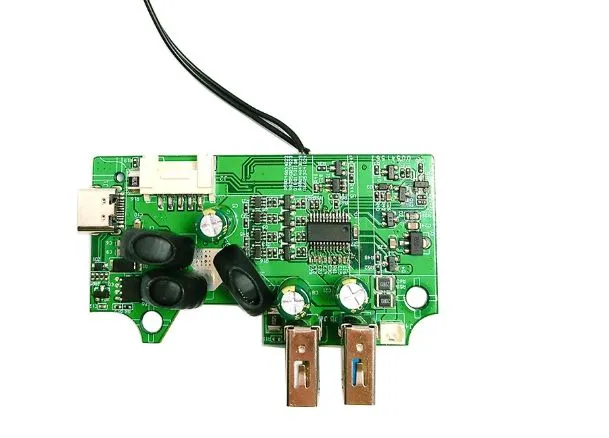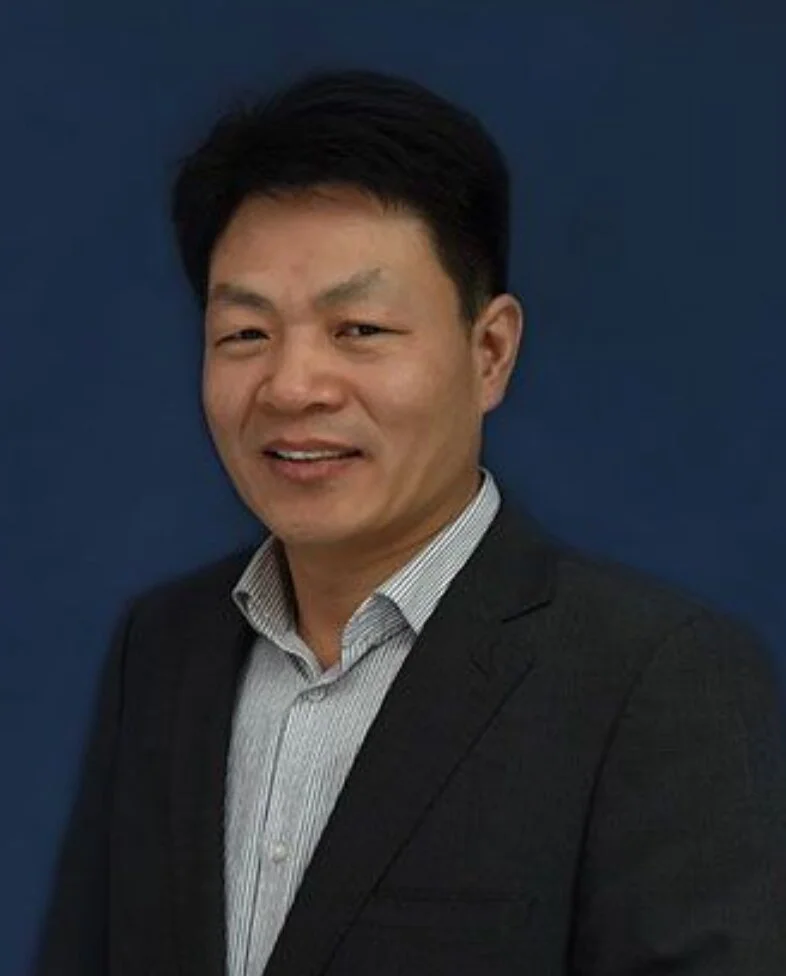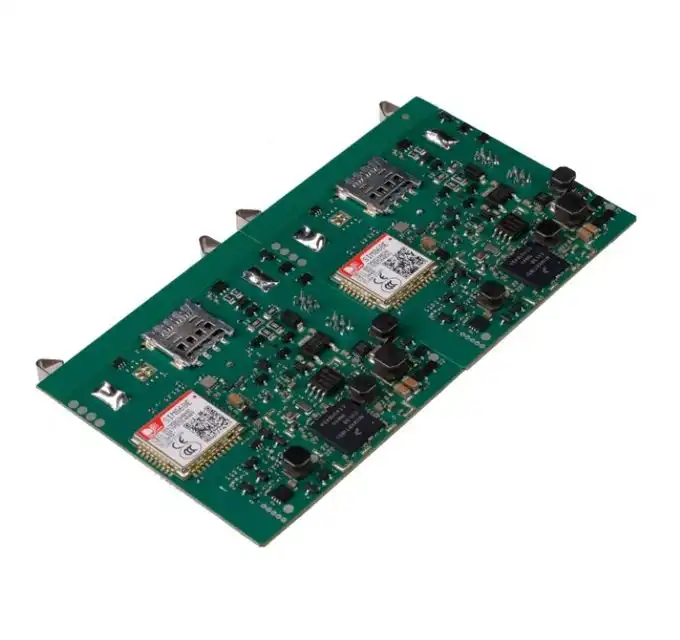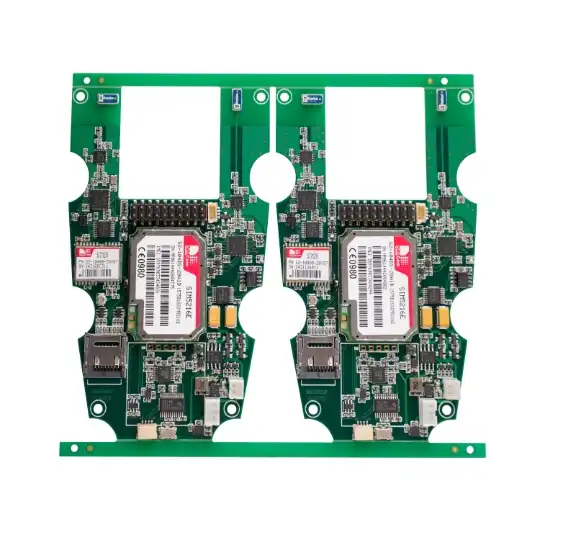What is high-power PCBA?
High-power supply PCBA (Printed Circuit Board Assembly) refers to a specialized type of electronic assembly designed to handle significant amounts of electrical power, typically ranging from 100W to 2000W or more. These assemblies are crucial components in power supply systems, featuring robust circuit designs, high-quality components, and advanced thermal management solutions. High-power PCBAs are engineered to efficiently convert, distribute, and control large amounts of electrical energy while maintaining stability, reliability, and safety in demanding applications such as industrial equipment, renewable energy systems, and electric vehicles.

Introducing the Fundamentals of Power Supply PCBA
Components and Design Considerations
Power supply PCBAs are intricate assemblies that require careful consideration of various components and design elements. At the heart of these assemblies are power semiconductors such as MOSFETs, IGBTs, and diodes, which handle the bulk of power conversion and control. These components are often complemented by high-capacity capacitors and inductors for energy storage and filtering.
The design of power supply PCBAs involves several critical factors:
- Copper thickness and trace width: Thicker copper and wider traces are essential for handling high currents without excessive heat generation.
- Thermal management: Heat sinks, thermal vias, and strategic component placement are crucial for dissipating heat effectively.
- EMI/EMC considerations: Proper layout and shielding techniques are employed to minimize electromagnetic interference and ensure electromagnetic compatibility.
- Safety isolation: Creepage and clearance distances must be carefully calculated to prevent electrical breakdown between high-voltage and low-voltage sections.
Efficiency and Power Density
Modern power supply PCBAs are designed with a focus on maximizing efficiency and power density. This involves:
- Advanced topologies: Resonant converters, multi-level converters, and other sophisticated circuit designs are employed to reduce switching losses and improve overall efficiency.
- Wide-bandgap semiconductors: The use of materials like Silicon Carbide (SiC) and Gallium Nitride (GaN) allows for higher switching frequencies, reduced losses, and smaller passive components.
- Thermal optimization: Advanced cooling techniques, including liquid cooling and phase-change materials, enable higher power densities in compact form factors.
These advancements have led to power supply PCBAs that can deliver impressive power-to-volume ratios, making them suitable for applications where space is at a premium.
Applications and Importance of High-Power PCBAs
Industrial and Manufacturing Sector
High-power PCBAs play a pivotal role in the industrial and manufacturing sector, powering a wide range of equipment and systems:
- CNC machines and robotics: Precise power control for motors and actuators.
- Welding equipment: High-current capabilities for arc welding and resistance welding processes.
- Industrial lasers: Stable power supply for high-power laser systems used in cutting and engraving.
- Process control systems: Reliable power distribution for sensors, controllers, and automation equipment.
The robustness and reliability of high-power PCBAs are crucial in maintaining continuous operation and minimizing downtime in industrial settings.
Renewable Energy and Power Grid Applications
As the world transitions towards sustainable energy sources, high-power PCBAs are becoming increasingly important in renewable energy systems:
- Solar inverters: Converting DC power from photovoltaic panels to AC power for grid integration.
- Wind turbine converters: Managing variable power output from wind generators and ensuring grid compatibility.
- Energy storage systems: Controlling charge and discharge cycles in large-scale battery installations.
- Smart grid infrastructure: Enabling advanced power management and distribution in modern electrical grids.
The efficiency and reliability of power supply PCBAs in these applications directly impact the overall performance and viability of renewable energy systems.
Electric Vehicle and Transportation
The automotive industry's shift towards electrification has created a surge in demand for high-power PCBAs:
- Traction inverters: Converting DC power from batteries to AC power for electric motors.
- On-board chargers: Managing the charging process for electric vehicle batteries.
- DC-DC converters: Providing various voltage levels for different vehicle subsystems.
- Battery management systems: Monitoring and controlling large battery packs to ensure safety and longevity.
The compact size, high efficiency, and reliability of power supply PCBAs are crucial factors in extending the range and improving the performance of electric vehicles.
Challenges and Future Trends in High-Power PCBA Manufacturing
Thermal Management and Reliability
As power densities continue to increase, thermal management remains a significant challenge in high-power PCBA design and manufacturing. Innovative cooling solutions are being developed to address this issue:
- Advanced materials: Thermal interface materials with improved conductivity and reliability.
- Embedded cooling: Integrating cooling channels directly into PCB substrates for more efficient heat dissipation.
- 3D thermal modeling: Sophisticated simulation tools for optimizing component placement and thermal design.
Reliability is another critical concern, especially in applications where failures can have severe consequences. Manufacturers are implementing rigorous testing procedures and employing advanced reliability prediction models to ensure the longevity of high-power PCBAs in demanding environments.
Integration and Miniaturization
The trend towards more compact and integrated power systems is driving innovation in high-power PCBA design:
- 3D packaging: Vertical integration of components to reduce footprint and improve power density.
- Embedded components: Integrating passive components within PCB layers to save space and improve performance.
- Modular designs: Developing standardized power modules that can be easily combined for scalable power solutions.
These advancements are enabling the development of more compact and efficient power systems across various industries.
Smart Power Management and IoT Integration
The integration of intelligent features and connectivity in power supply PCBAs is an emerging trend:
- Digital control: Implementing advanced control algorithms for improved efficiency and dynamic response.
- Predictive maintenance: Incorporating sensors and analytics for real-time monitoring and fault prediction.
- IoT connectivity: Enabling remote monitoring, control, and optimization of power systems.
These smart features are enhancing the functionality and value of high-power PCBAs, making them integral components in the growing ecosystem of connected devices and systems.
Conclusion
High-power PCBAs are critical components in modern power systems, enabling efficient and reliable power conversion and distribution across various industries. As technology continues to advance, these assemblies are becoming more compact, efficient, and intelligent, driving innovation in renewable energy, electric vehicles, and industrial automation. The challenges of thermal management, reliability, and miniaturization are being met with innovative solutions, paving the way for even more powerful and sophisticated power supply PCBAs in the future.
One-Stop Power Supply PCBA Factory with Full QC Process | Ring PCB
Ring PCB Technology Co., Limited stands out as a premier PCB Manufacturing Partner since 2008, offering comprehensive one-stop services for PCB and PCBA solutions. Our state-of-the-art facility boasts advanced capabilities, including high-density stack-up technology for 2-48 layer boards and smart manufacturing processes adhering to IPC-6012 Class 3 standards. We specialize in delivering innovative, reliable, and cost-effective solutions tailored for diverse industries.
Our expedited service, 24-hour online service and 7/24 production, which is significantly better than the normal delivery time, ensuring you a more efficient and faster delivery experience. For businesses looking to leverage the latest advancements in power supply PCBA technology, partnering with experienced manufacturers is crucial. If you have any questions or need assistance with your high-power PCBA projects, don't hesitate to reach out to us at [email protected].
References
1. Brown, M. (2022). Advanced Power Electronics: Design and Manufacturing Techniques. IEEE Press.
2. Chen, L., & Zhang, Y. (2021). Thermal Management Strategies for High-Power PCBAs. Journal of Electronic Packaging, 143(3), 031001.
3. Davis, R. (2023). Smart Power Systems: Integration of IoT in Modern PCBAs. Power Electronics Technology, 49(5), 18-24.
4. Johnson, A., & Smith, B. (2020). Reliability Engineering for High-Power Electronic Assemblies. Wiley-IEEE Press.
5. Wilson, E. (2022). Advancements in Power Supply PCBA Design for Electric Vehicles. SAE International Journal of Alternative Powertrains, 11(1), 39-52.

Welcome to Ring PCB! Share your inquiry, and receive a tailored quotation!

Ring PCB, your trusted partner for PCB & PCBA Full Turnkey Solutions



